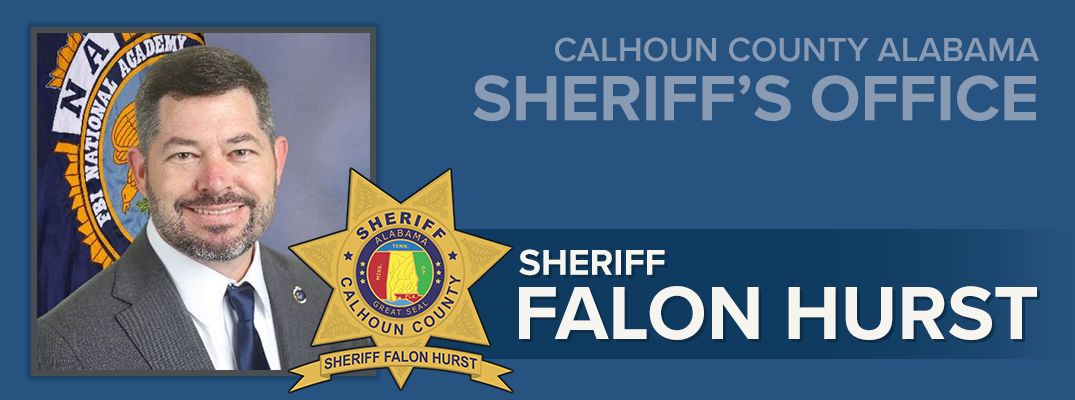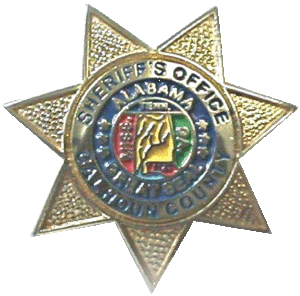Many people now use the internet to buy and sell. Remember when you post or respond to an advertisement on Craig’s list it is from around the world not just local. This is true for any type transaction on the internet including auction sites too.
Here are 11 things you can do — or not — to stop a scam.
What to Do
Know who you’re dealing with. Never heard of the company before? Find out more about them. Do an online search, google the name and see what comes back. If a review shows negative experiences, think about whether you want to do business with this company.
Don’t click on links in emails. Links can lead you to imposter websites and viruses that can infect your computer, to gather your personal information, too. If you need to go to a website, like Paypal, type in the address in your address bar.
Know that wiring money is like sending cash. NEVER send money in this manner if you do not know the person receiving it. These type transactions are nearly impossible to reverse or trace the money. There are other methods to make payment.
Read your monthly statements. Your account information can be stolen and used to make purchases and withdrawals. Watch for monthly “membership fees”, internet website charges and purchases. Today’s technology you can check your accounts daily.
After a disaster, give only to established charities. It’s unfortunate, but beware of “popup” charities in the aftermath of a disaster. Try to give to an established charity or one you are familiar with.
Talk to your doctor before you buy health products or treatments. Who’s selling these products that make miraculous claims? These products could be fake, mislabeled or have expired dates on them. Talk with your doctor about this before you place the order.
Remember there’s no sure thing in investing. Do you know who this person is that is emailing you about these guaranteed investments? Remember if it sounds to much like a sure thing, then it probably isn’t. The only one who will be “rolling in the dough” is the scammer who just got you to send him some cash.
What Not to Do
Don’t send money to someone you don’t know. Do you really know this person who is asking for money. So what if they said they loved you and sent you pictures of themselves, how do you really know that is who they say they are?
Don’t agree to deposit or cash a check and wire money back. Most of the time, that check is a bad one only later recognized as such, then it is too late. The account number on it has probably been stolen also. Once you cash it and wire back, the “extra funds because their agent made it out for too much,” they have money and you won’t because your bank will hold you responsible to pay it back.
Don’t reply to messages asking for personal or financial information. Doesn’t matter if the message comes from an email, text message, or a phone call. Once again, who is this person?
Don’t play a foreign lottery. Foreign lotteries are illegal in the United States. If you get a message that you have won a lottery and have to pay some type fee to recover your money, think about it. Why don’t they just take it out of your winnings? You haven’t won anything, but the scammer has if you send money to them.
Report Scams
If you think you may have been scammed:
• File a complaint with the Federal Trade Commission. If you are outside the U.S., file a complaint at econsumer.gov.
• Visit ftc.gov/idtheft, where you’ll find out how to minimize your risk of identity theft.
• Report scams to your state Attorney General.
If you get unsolicited email offers or spam, send the messages to spam@uce.gov.
If you get what looks like lottery material from a foreign country through the postal mail, take it to your local postmaster.
The above information came from The Federal Trade Commission. For more information go to www.ftc.gov
The following are real situations reported to Calhoun County Sheriff’s office. Any identifying information has been changed to not identify the victims
Mr. Gray received a lengthy letter stating he had won a Canadian lottery. The letter had a Pennsylvania postmark, check appeared to be from a business out of Missouri. Enclosed was a check for $3000.00. Instructions were to cash the check then return $1300.00 to an address in Miami, Florida. Mr. Gray did as he was instructed, although he never entered a lottery. The check was fake, and he was asked to repay the funds.
Ms. White was a single working mother and she played games on line. She received an email from one of the fellow players, They began to correspond with each other. His name was a bit strange, like two first names put together; he was single too and from Australia. He said all the right things she wanted to hear; he emailed photos of him and his son. They talked on the phone, but he didn’t sound like his photo. For their impending engagement, he needed a copy of her driver’s license to add her to his bank account and a bit of extra money for a present for his son. Ms. White sent both. She became suspicious and began to do online research. She found a website about scammers who did just what her “friend” was doing. She was able to identify him. He was part of a group out of Nigeria. She ended the relationship and luckily has not had any fallout from his fraudulent actions.
Mr. Green was trying to sell his truck on Craig’s list. He got a great offer but the person interested in it was about to be shipped out to Afghanistan. Correspondence continued until it was planned that the suspect could purchase it and have his “agent” arrange for shipping to Virginia. A (fake) check was sent to our local guy, but it was for $2500.00 too much, could he just cash the check, take out the purchase amount and shipping charges then sent the rest back via Western Union to a person in Utah. The suspect asked that our victim email him once he sent the money back. Mr. Green did and never heard from the interested buyer again.
Mrs. Smith was looking to purchase a vehicle and found one on eBay that she was very interested in. Bids were placed, she won, and correspondence began. The seller sent her an email with a link to PayPal, requesting she make payment through this link. She clicked on the link, it appeared to be PayPal, she made her payment. She never heard from the seller again. Paypal investigated and found it was not their actual link.
Mr. Black answered the phone one day. The person on the other end, identified himself as a “federal attorney legislator”. This person spoke with a heavy accent. He knew Mr. Black’s last four digits of his social security number and which bank Mr. Black used. He told Mr. Black that he owed over $4000.00 in bank loans and these were due immediately. He told Mr. Black that if he did not pay them by 3 pm he would come and arrest him. Mr. Black knew he did not have any outstanding loans. Luckily, when Mr. Black was in our office to file a report on this call, this person called back. Chief Deputy Wade spoke with the unknown male, who identified himself as Bruce Wayne. Probably, at this point, the caller knew he was not going to get any money from Mr. Black. Chief Wade asked some questions about this scam. He was told about 40% of the person who are called will respond to the threat of arrest and send money. The caller then went on to state he would never be located, before he hung up.
Mrs. Doe was awaken late one night by the phone ringing, he said it was Brad, her college age grandson. He told her he went to Honduras for vacation and now he was in jail in Honduras and needed $1995.00 to get out of jail and to get home, could she wire it. He told her not to tell his parents because they would be mad. She told him, he didn’t sound like himself, he told her had a cold then he put “Sgt. Wayne” of the US embassy on the phone. This “officer” gave her the address in Honduras to wire the money to, he even gave her the address of a local Western Union office here. She did wire the money, for the sake of her grandson, but it wasn’t him.
These are actual situations that have happened here locally. Please be careful when dealing with unknown persons through the phone or internet. Stay on your guard. Protect yourself and your personal information.

